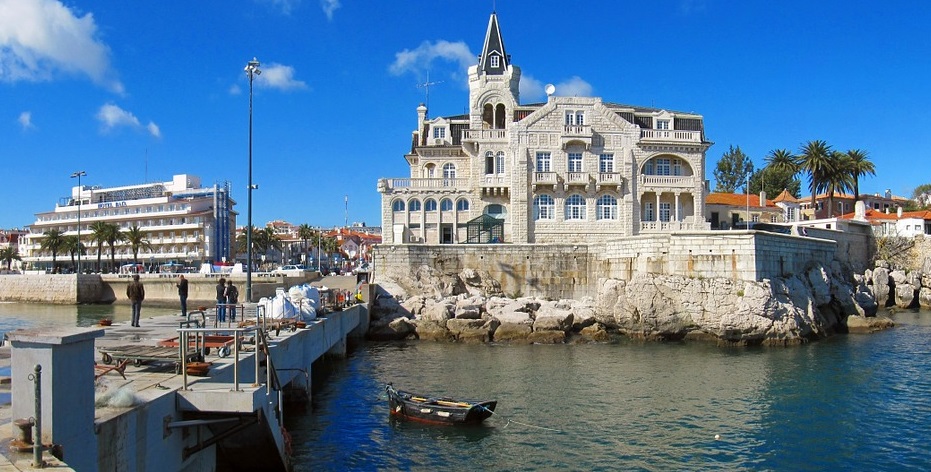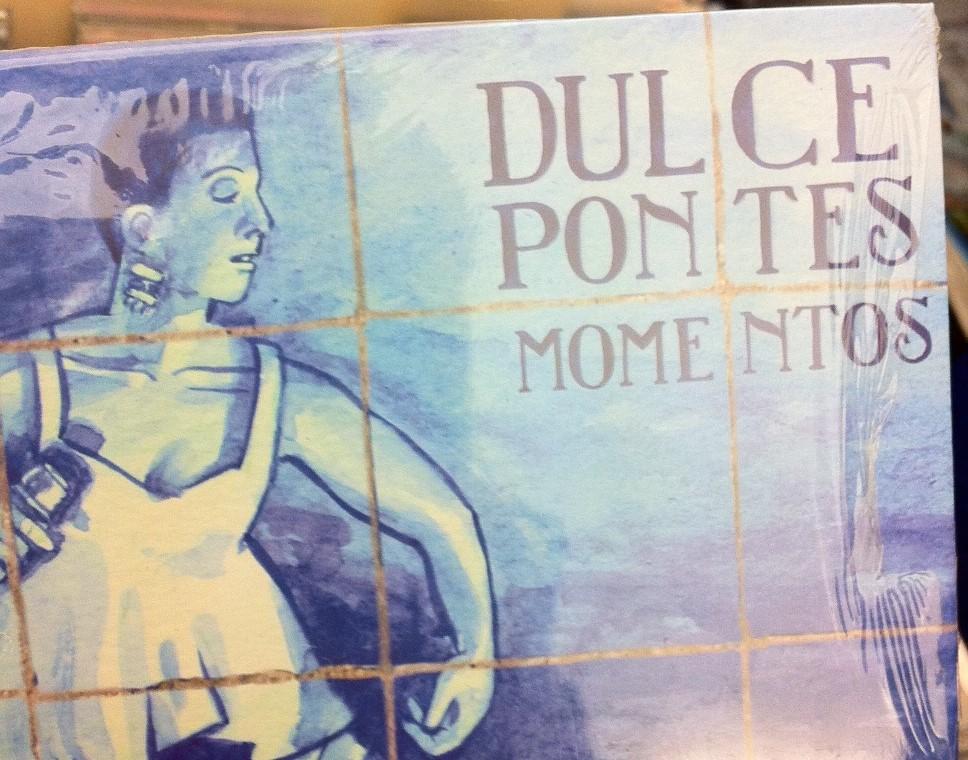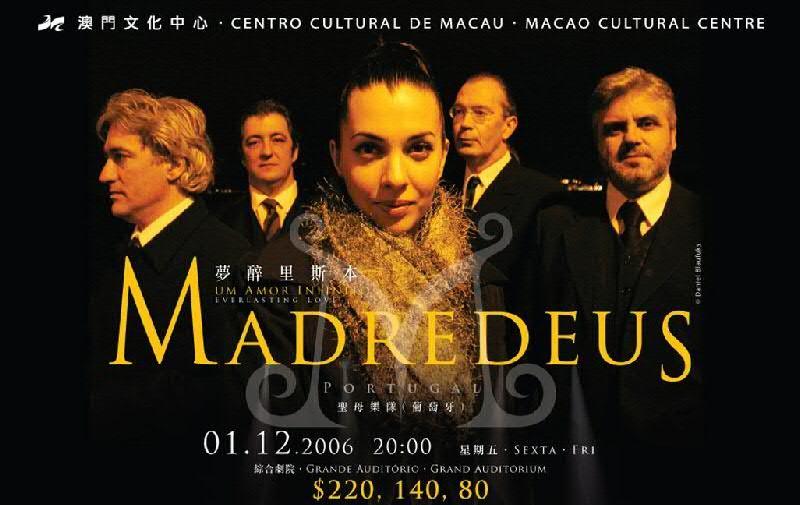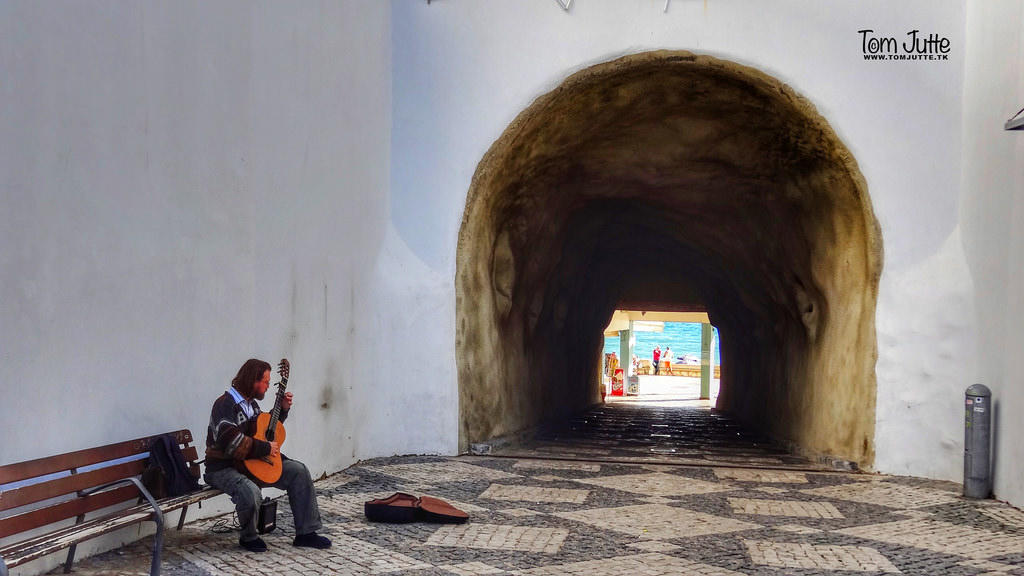Music and foreign languages often intertwine, with studies showing that up to 93% of the population engages with music. Consider that Portuguese is among the top 10 most spoken languages globally, it makes sense that the music of Portugal is a worthwhile tool for language learners.
In this article, you will find out how Portuguese music traditions have paved the way for those eager to learn Portuguese through the art of song.

Helpful Music for Learning Portuguese
Portuguese traditional music constitutes a significant component of Lusophone cultural heritage, that encompasses folk, Portuguese fado music and vibeyBrazilian beats. With this rich diversity, the choice of songs as tools for learning Portuguese is diverse and offers something for everyone.

Whether you're a Portuguese beginner or already have some language proficiency, your prior exposure to the spoken language or knowledge of other Romance languages, such as French, Spanish, Italian, or Romanian, can positively influence your ability to decipher the music of Portugal. The choice between Brazilian and European Portuguese should also be a consideration, as despite their fundamental similarities, there are some distinctions in pronunciation, spelling, word usage, and grammar. For instance, Brazilian Portuguese allows for some versatility like verb-to-noun conversions and phrase compression. In addition, accents differ, with European Portuguese perceived as more formal but less clear, making it potentially challenging to distinguish certain words.
Consider these nuances if you intend to use Portuguese traditional music or the more famous Portuguese music of today to help you learn the language. To help you recognise some of these differences, have a listen to renowned Brazilian artists like Gustavo Lima, Any Gabrielly, Anitta, Simone Mendes, and Hungria Hip Hop, all of whom offer varied styles and linguistic characteristics. You’ll notice too, how they incorporate English words to add to their unique style of famous Portuguese music the Brazilian way!
Portuguese Singers
In terms of famous Portuguese music from Europe, you can take note of these singers:
- Vitorino - a renowned traditional folk artist in Portugal
- Doce - immensely popular in the '80s, their hits endure as musical treasures
- Jorge Palma - a pop-rock artist, known for the iconic "Encosta-te a mim"
- Os Azeitonas - a pop-rock group, with lead singer Miguel Araujo finding solo success
- Carlos do Carmo - a Fado singer, representative of Portugal's unique music style.
The country's singers, much like their style of speech, lean toward classical, Portuguese traditional music and interestingly, despite many female singers, the Top Ten lists are dominated by male vocalists.
Amalia Rodrigues - Fado Português
Amália Rodrigues, born Amália da Piedade Rebordão Rodrigues, a celebrated Portuguese actress and performer, passed away in 1999. Widely hailed as the "Queen of Fado," her impact on Portuguese fado music is unparalleled. Her signature song, "Fado Português," epitomises Lusophone music, blending a melancholic and melodic tune with poignant saudade-infused lyrics. A staple in Rodrigues' repertoire, this soulful melody resonates on radio waves and "Portuguese Repertoire" Spotify playlists, serving as a profound representation of famous Portuguese music. Listening to "Fado Português" can become a captivating exercise to enrich your Portuguese vocabulary and delve into the enchanting Portuguese fado music tradition.
Find a Portuguese language course here.

Rua da Saudade (Susana Felix) - Canção de Madrugar
Susana Félix's "Canção de Madrugar" exudes the joy that is typical of the music of Portugal. As classical folk song, it is sung in the Portuguese traditional music style of a female voice. Unlike the styles of Johnny Hallyday or Edith Piaf, "Rua da Saudade" presents a novel view of Portuguese traditional music. Classic, yet modern, it provides an enjoyable way to learn the sayings of Portuguese.
Portugal Music: Salvador Sobral - Amar pelos dois
Salvador Vilar Braamcamp Sobral, born in Lisbon in 1989, gained international fame for winning the Eurovision Song Contest in 2017 with his song "Amar pelos dois." A soaring success on YouTube and streaming platforms, it stands out in the contemporary music scene of famous Portuguese music. Far from electronic or funk, its sweet, melodic hymn showcases Sobral's virtuosity. His talents offer a genuine connection to Portuguese music traditions and culture and allows for listeners to immerse themselves in the Iberian experience through emotive vocals and poetic lyrics.
Mal por mal – Deolinda
Female voices hold a significant role in Portuguese music, notably in fado traditions. "Mal por mal," a resolutely modern song, embraces classical Portuguese fado music roots with a pop twist.
Its harmonious lyrics, robust vocals, and dynamic classical guitar accompaniment blend well to create a rock and folk symphony that makes the music of Portugal lovers proud.

Memorising Music of Portugal
Integrating music into the process of learning a language exposes individuals to everyday vocabulary and offers students a more relaxed and informal method compared to traditional textbooks. In contrast to formal resources centred on grammar, Portuguese songs provide current language in current music style. Having said this, you could also draw inspiration from formal Portuguese music traditions too.

Side note: don’t forget to watch Portuguese films to help you learn too.
Steps to Memorise Portuguese Fado Music
First, choose a handful of favourite Portuguese tunes from the extensive musical landscape, ensuring they are sung in your target language, be it Brazilian or European Portuguese. Next, create a dedicated folder on your device for quick access, and search online for each song's lyrics. Write them by hand in your Portuguese study notebook. Be sure to leave blanks between the lines for translations as your listening skills improve. In doing this, avoid using translation software for obvious reasons. Instead, focus on memorising song refrains, which because of their repetition, provide ample practice. In no time at all, driven by your passion for Portuguese culture and language, you will notice how this method is as effective as it is enjoyable.
Portuguese Canto: Canção do Mar - Dulce Pontes
If you adore Hélène Segara’s "Elle, tu l’aimes?" and French chanson, you'll appreciate this Portuguese classic, "Canção do Mar."

This song encapsulates all of the rich Portuguese music traditions describe in this article. From love, poetry, ambiance, lyricism—and delivered through a beautiful voice, it transcends gospel or children's rhymes and embodies distinctive aspects of Portuguese composition.
Pedro Abrunhosa – Beijo
Pedro Abrunhosa's "Beijo" offers a rhythmic and modern twist on the saudade theme and is an excellent portrayal of classic Portuguese music. The melancholic tune, accompanied by minimalistic acoustic piano and subtle electronics, reflects Abrunhosa's signature style. Born in Porto in the 1960s, he is a prominent figure in the Portuguese music scene and is known for storytelling through songs that resonate with various emotions. Abrunhosa's simple yet profound music offers an enticing gateway to learn Portuguese while exploring a captivating musical realm.
Portuguese Songs: João Pedro Pais – Mentira
João Pedro Pais embodies Portugal's contemporary sensitivity by merging saudade-filled chanson with a compelling, popular voice. Renowned for producing one of Portugal's most successful albums, Pais can capture the nation's emotional and lyrical essence. His music, accompanied solely by piano, is an authentic portrayal of Portugal, devoid of unnecessary embellishments. From hits to introspective pieces, Pais gained fame through Chuva de Estrelas and his artistry certainly paints a vivid portrait of his homeland.
Amalia Hoje
On a similar note, Amalia Hoje has expanded her repertoire by modernising iconic songs like "Gaivota" inspired by one of Portugal’s famous celebrities, Amalia Rodrigues. The song bridges traditional and pop tastes, and creates a harmonious blend of Portugal's musical heritage and contemporary appeal.
Madredeus - Haja O Ques Houver
Named after a Lisbon neighbourhood, Madredeus' "Haja O Que Houver" blends fado, folk, and popular music to create a perfect harmony of vocals, guitar, cello, and accordion. This 1997 composition evokes distant emotions through language and musical instruments.

Using Portuguese Music Traditions to Learn the Language
While Portuguese music can enhance your language learning experience, relying solely on Brazilian or Portuguese songs is impractical. This is because song lyrics seldom cover everyday scenarios or showcase a broad range of verb forms. From a grammatical perspective, songs lack the precision needed for language studies. However, they do excel at helping to hone listening and speaking skills, as well as creating emotional connections and cultural insights. Unlike podcasts or radio broadcasts, songs offer brief, captivating glimpses into Portuguese and Brazilian culture. Whether traditional or modern, soft or powerful, songs capture diverse emotions. While podcasts and radio have value, music's engaging nature makes it a unique and effective language-learning tool and can set the right mood for lessons while you attune your ear to distinct Portuguese sounds. So, whether it is fado or Brazilian hip hop, music is the perfect way to supplement your Superprof Portuguese lessons.
Summarise with AI:















